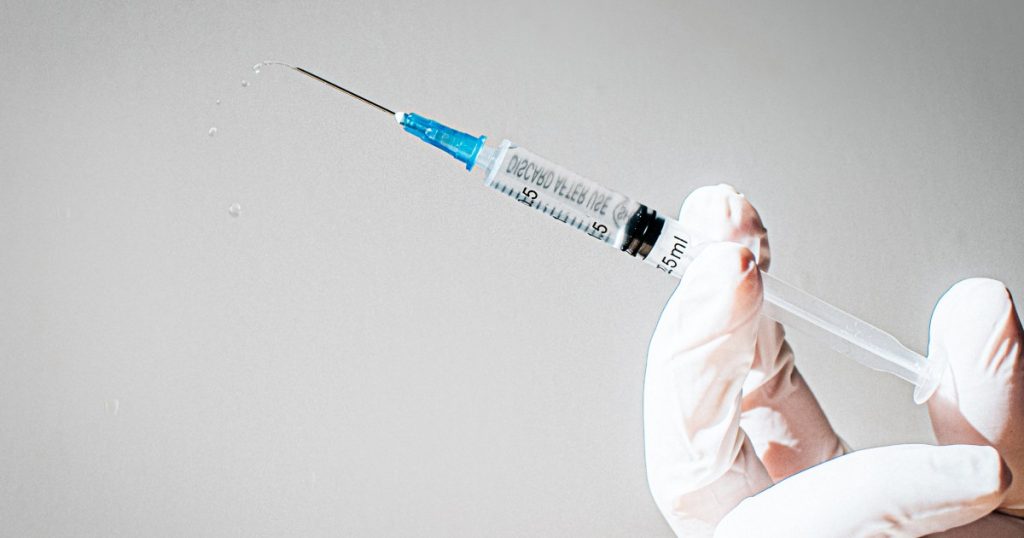The Centers for Disease Control and Prevention (CDC) is issuing a nationwide alert about fake Botox injections that have led to hospitalizations of at least four individuals. Botox, which contains the nerve toxin Clostridium botulinum, is commonly used to relax facial muscles that cause wrinkles. While Botox is generally considered safe, incorrect placement or too much of the toxin can cause harm. The CDC is currently conducting a multistate outbreak investigation and is aware of botulism-like illnesses in several states resulting from non-medical settings administering botulinum toxin injections.
Cases of possibly counterfeit Botox injections have been reported in Illinois and Tennessee, with two individuals in each state requiring hospitalization. Two additional cases in Tennessee were reported but did not result in hospitalization. Some patients experienced symptoms such as blurred or double vision, droopy face, fatigue, shortness of breath, difficulty breathing, and hoarse voice after receiving the injections. Dr. Adam Friedman, a dermatologist and chair of dermatology at George Washington University, warned that the quality of products from unreliable sources cannot be guaranteed, and individuals should be cautious of counterfeit products that seem too good to be true.
The rise in warnings nationwide about medical procedures at unregulated med spas has heightened concerns about the safety and quality of treatments. In Illinois, patients received injections from a nurse who was performing work beyond her authority, according to the state’s Public Health Department. Patients who received injections reported symptoms similar to botulism, indicating potential exposure to counterfeit Botox. Counterfeit products pose significant risks to individuals seeking cosmetic treatments, and caution should be exercised when considering such procedures at non-medical facilities.
The CDC’s investigation into the fake Botox injections highlights the importance of ensuring the safety and authenticity of medical products used in cosmetic procedures. In cases where non-medical settings administer botulinum toxin injections, there is an increased risk of harmful outcomes due to lack of oversight and regulation. Patients who experience adverse reactions or symptoms after receiving injections should seek medical attention immediately to address any potential complications. Healthcare professionals and consumers should be vigilant and informed when considering cosmetic treatments to avoid counterfeit products and potential dangers associated with unregulated procedures.
Health departments in affected states are working to identify additional cases related to counterfeit Botox injections and to prevent further harm. Counterfeit cosmetic products pose a significant threat to public health and safety, as they may contain harmful substances or lack the proper ingredients for safe use. Patients seeking Botox injections and other cosmetic treatments should only receive them from licensed healthcare providers in reputable medical settings to reduce the risk of exposure to counterfeit or unsafe products. The CDC’s alert serves as a reminder of the importance of verifying the authenticity and quality of medical products to protect patient safety during cosmetic procedures.
Given the potentially serious consequences of fake Botox injections, healthcare providers and consumers must remain cautious and informed about the risks associated with counterfeit cosmetic products. Seeking treatments from reputable sources and licensed professionals can help reduce the likelihood of adverse reactions and ensure the safety of individuals undergoing cosmetic procedures. By raising awareness about the dangers of counterfeit products and the importance of quality control in medical treatments, the CDC and health departments are working to protect the public from the risks of fake Botox injections and similar incidents in the future. Regular monitoring, regulation, and enforcement of safety standards are essential to safeguarding patient health and well-being in the cosmetic industry.


